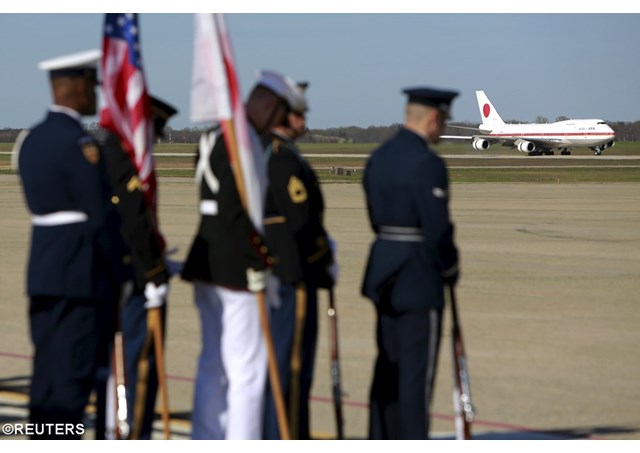
Terrorist threats a key concern for nuclear summit

(Vatican Radio) As the world continues to reel from terrorist attacks in Brussels, Paris, Africa and the Indian sub-continent, world leaders from 56 countries gather in Washington, USA, to deal with the frightening possibility that such terrorists will obtain a nuclear device. This comes as US officials ahve confirmed that nuclear power installations in Belgium were spied upon by operatives associated with those who executed the Brussels attacks.
Listen to Priscilla Huff's report:
US Deputy National Security Advisor Ben Rhodes said that terrorist organizations are trying to obtain the raw materials for a nuclear device. “We know that terrorist organizations have the desire to get access to these raw materials,” he said, “and to have a nuclear device.”
Sharon Squassoni, who is with the Centers for Strategic and International Studies, says these revelations, together with the fact that one of Belgium’s nuclear plants was sabotaged several years ago, means that everyone is paying attention to the threat now.
Add to this context the factor of North Korea's recent alleged test of a nuclear weapon, together with ballistic technology which may enable it to deliver a device to many of its neighbours. A priority for the summit is to deal with Asian leaders who fear further escalation and instability in their region.
One key global player in the nuclear safety debate, however, will not be present: Russia. President Vladimir Putin refused to attend what it suggested is US efforts to take control of the process. Pakistani Prime Minister Nawaz Sharif also will not be attending to represent a country which many say does not have adequate measures in place to keep its nuclear weapons and facilities safe from terrorists. Sharif canceled his trip following an Easter bombing that killed 72 people.
According to nuclear security experts, there are four scenarios for a possible nuclear attack: theft of a fully functional nuclear device from a country such as Pakistan; using enriched uranium into a crude nuclear device delivered by truck or ship; bombing an existing nuclear facility in order to cause meltdown; or the most likely, using radioactive material from industrial and medical use in a ‘dirty bomb.’
The havoc caused by any of these possibilities in a major city is so serious that leaders have scheduled a special session during the two day summit in order to discuss such a hypothetical scenario and how to deal with it.
| All the contents on this site are copyrighted ©. |


